Restorative Dentistry in Cumming, GA
.avif)

Rebuild Your Smile,
Restore Your Confidence
Missing, damaged, or failing teeth can affect more than just your smile — they impact how you chew, speak, and feel day to day. At Inspiring Smiles in Cumming, GA, our restorative dentistry services are designed to rebuild your smile so it looks beautiful and functions naturally again. From single-tooth repairs to full-mouth reconstruction, our doctors have the advanced training and technology to handle even the most complex cases.
Complete Restorative Dentistry Services
All-on-4 Dental Implants
This advanced solution provides a natural-looking smile with unmatched stability—helping you eat, speak, and smile with confidence again.
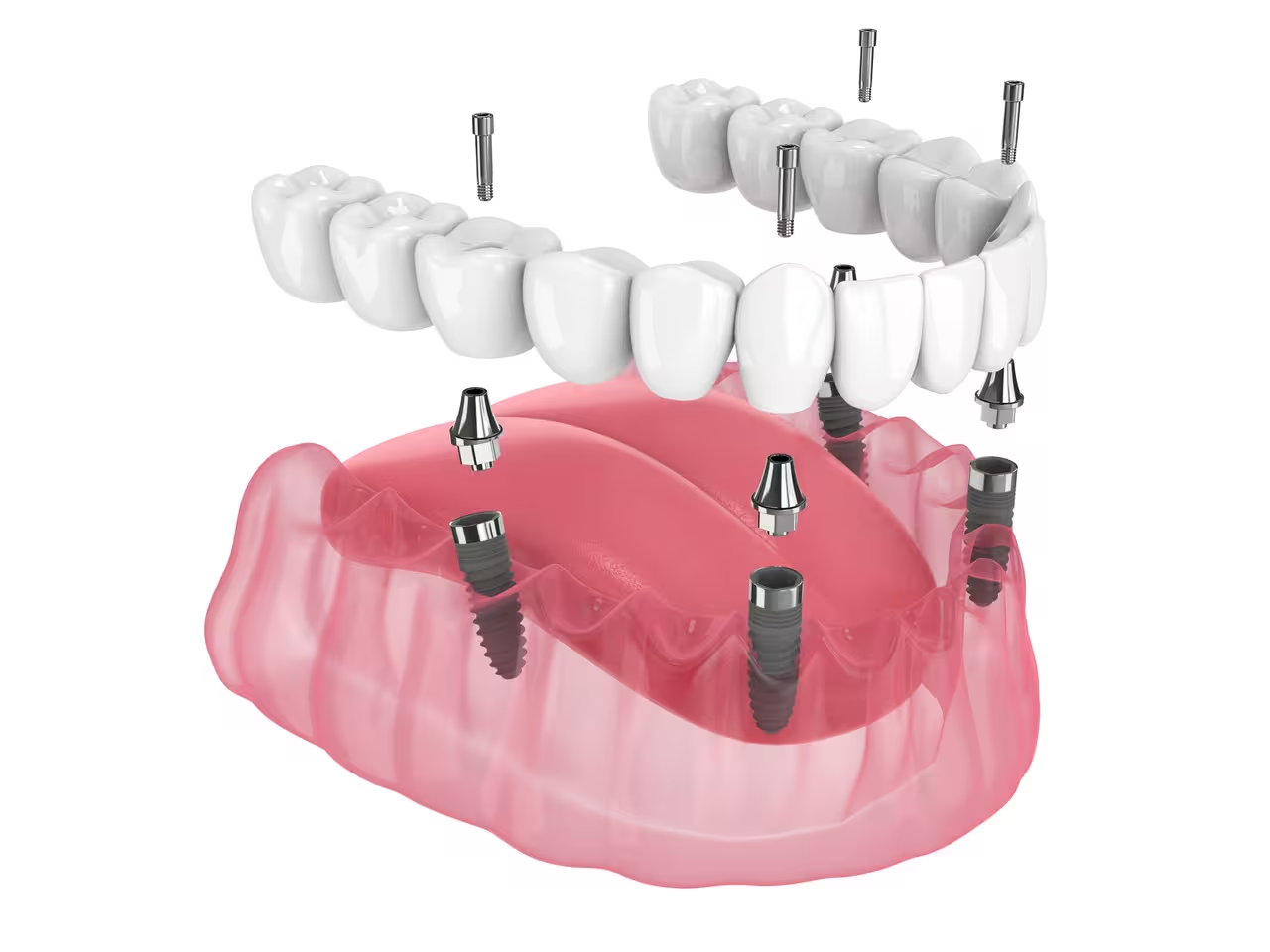

Bone Grafting
When bone loss occurs in the jaw, it not only affects your oral health but also limits your options for restorative treatments like dental implants.
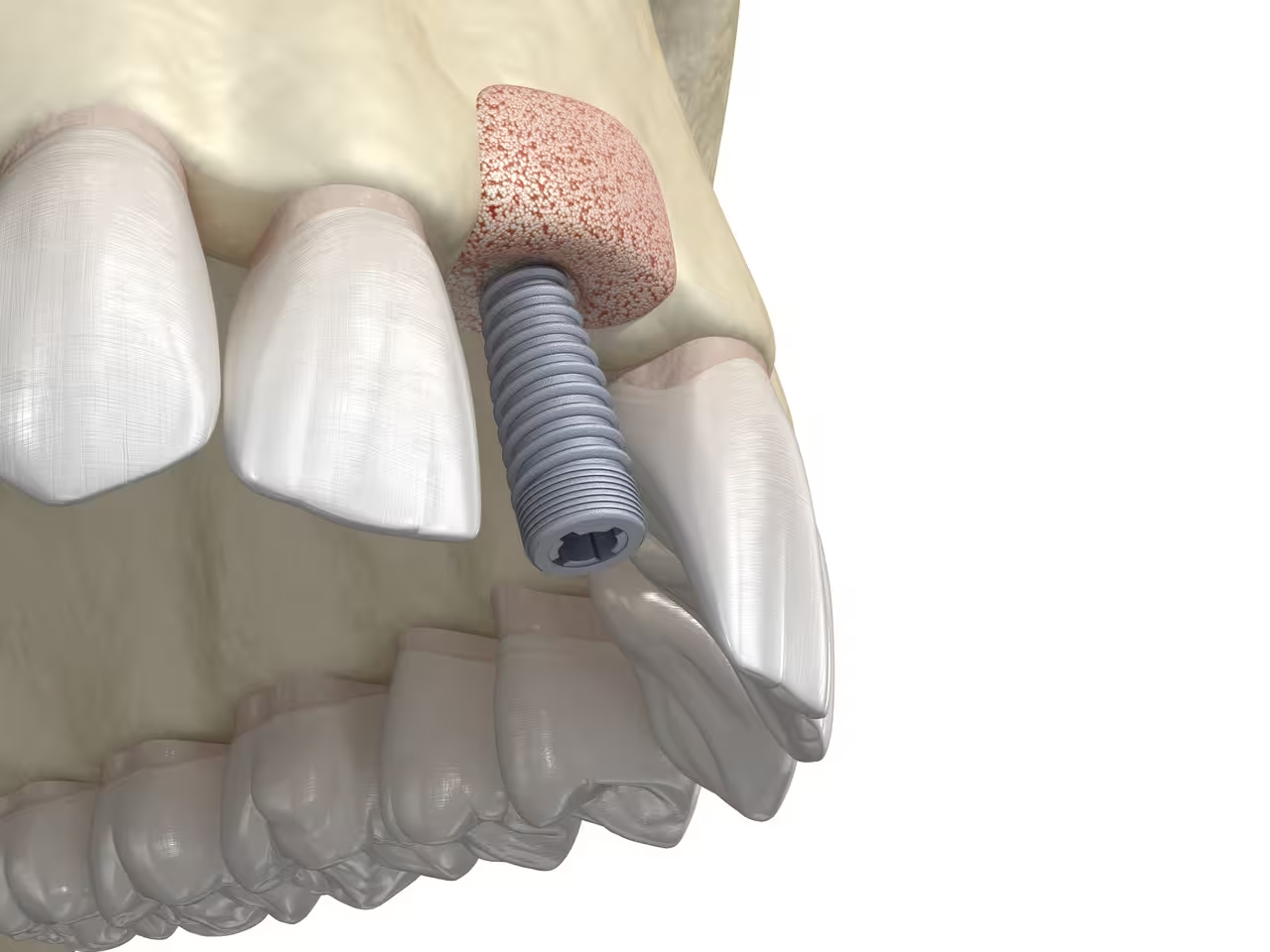

Dental Bridges
Missing teeth can make everyday activities like chewing, speaking, and smiling much more difficult.
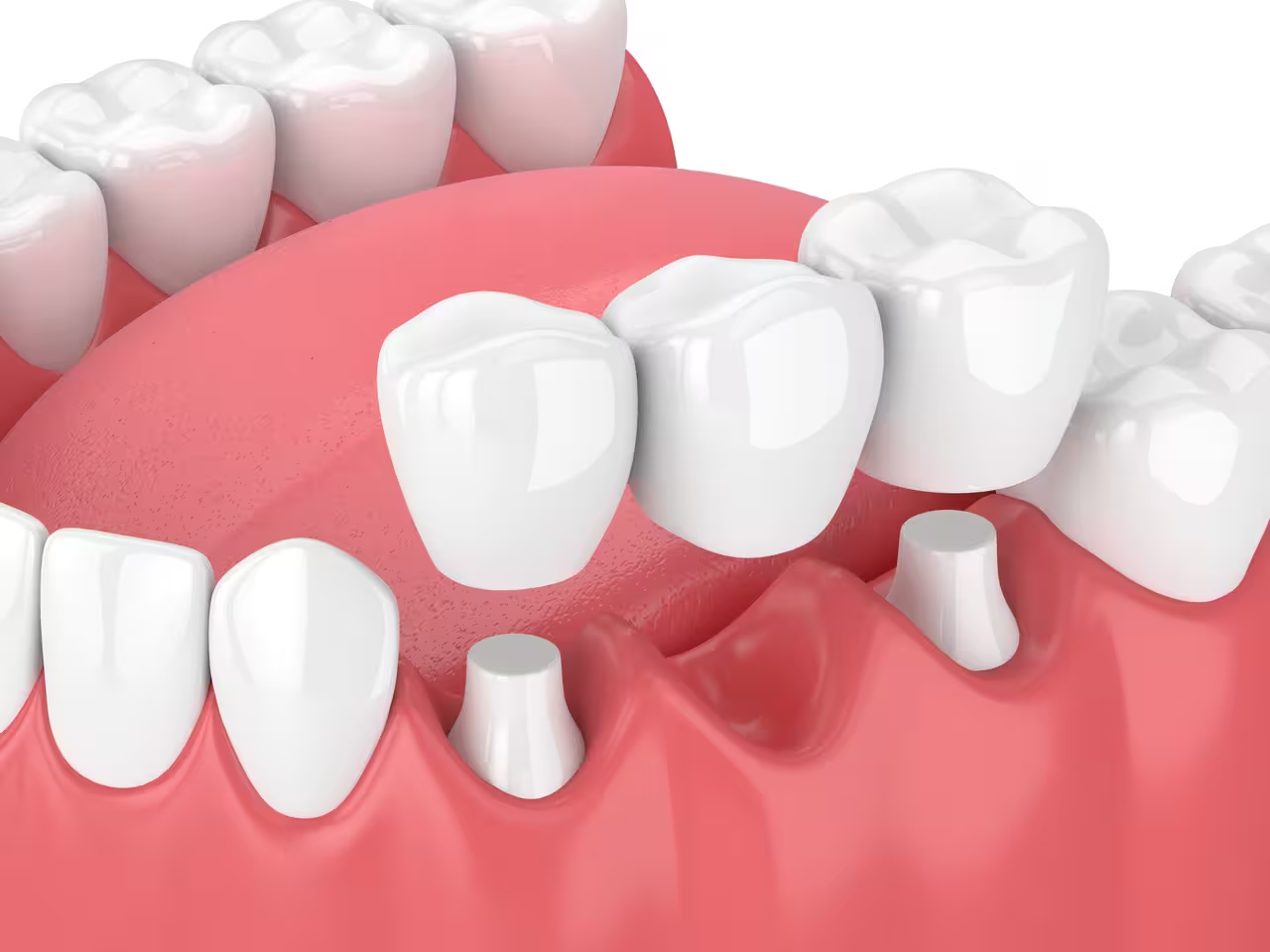

Dental Crowns
We provide custom-crafted crowns that protect and restore teeth while blending seamlessly with your natural smile.
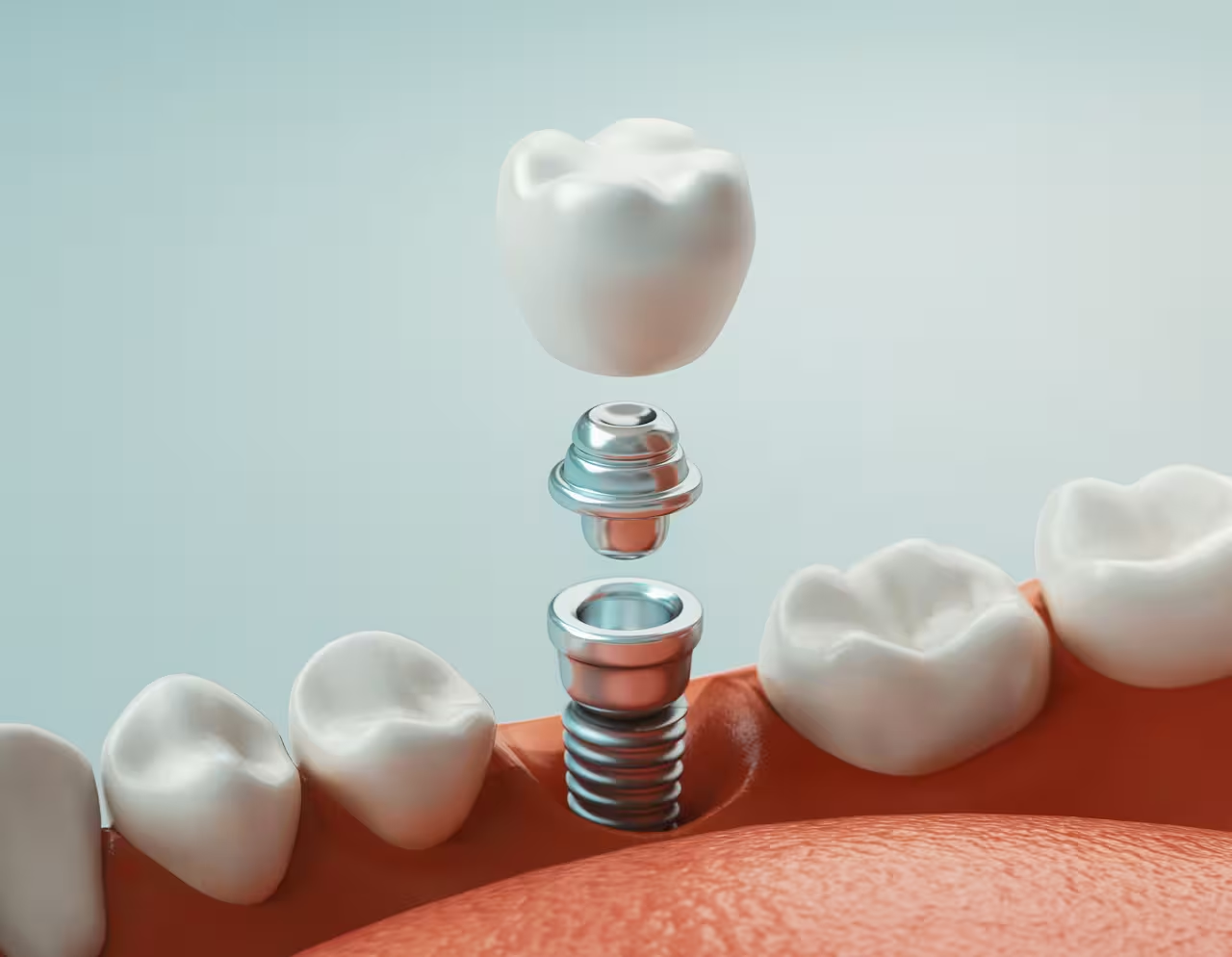

Dental Implants
Missing one tooth, several teeth, or even an entire arch, dental implants are the gold standard for restoring your smile.
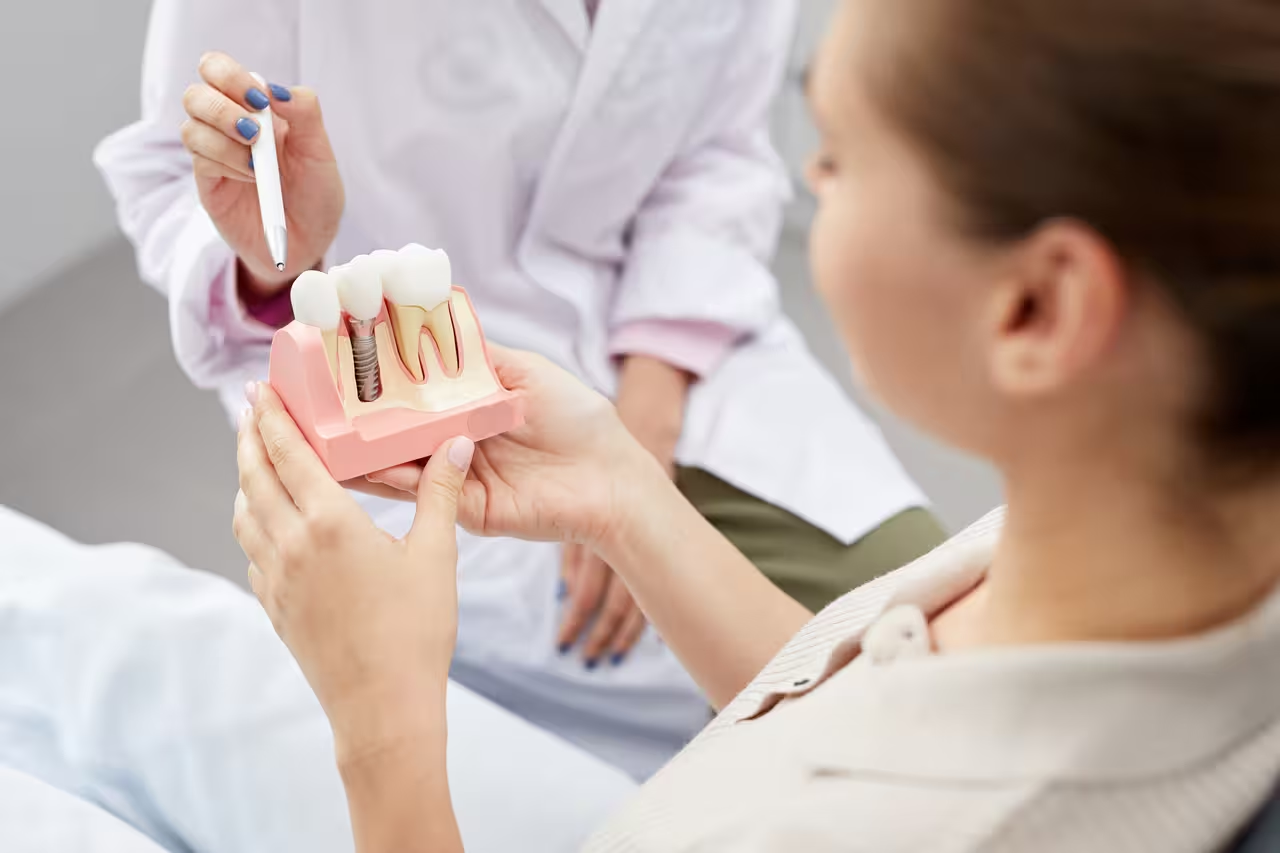

Digital Dentures
Traditional dentures have helped millions of people restore their smiles.
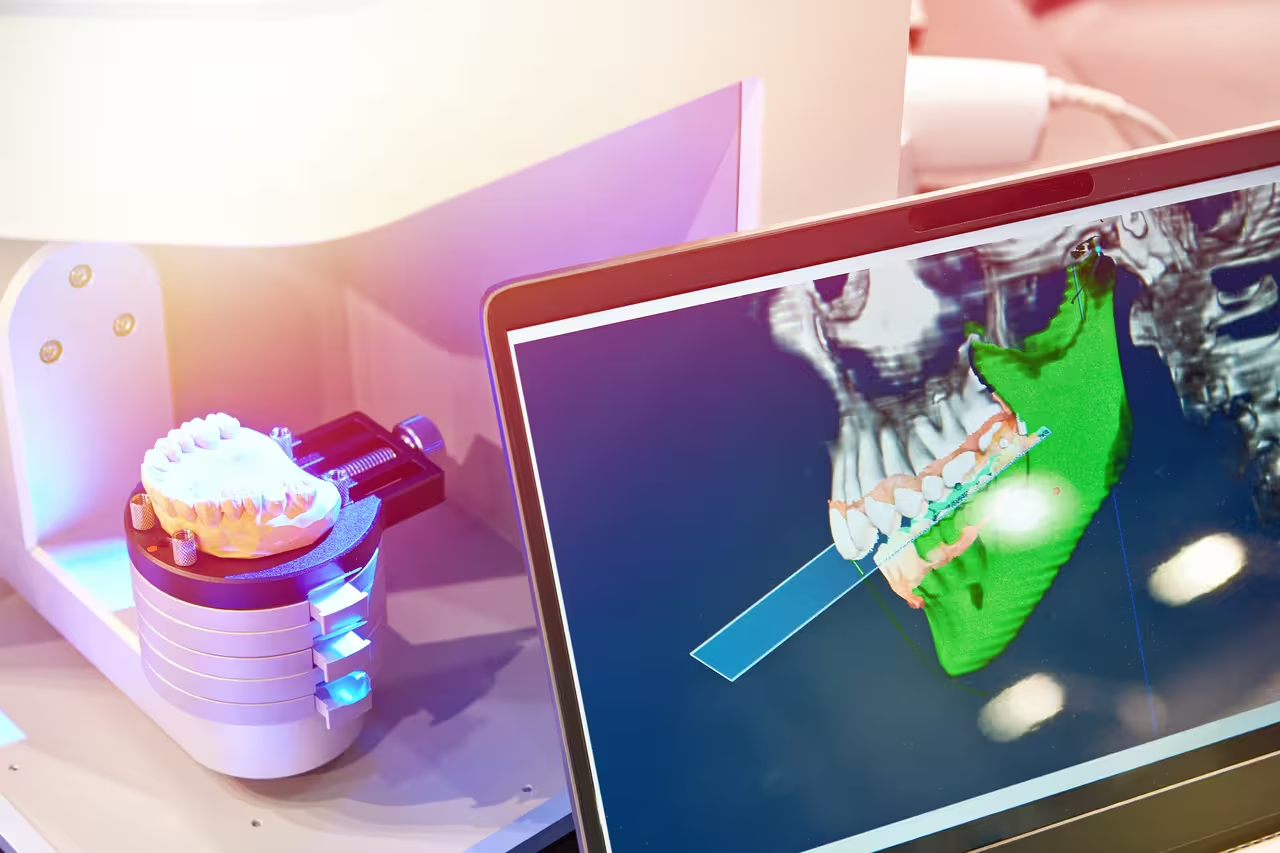

Endodontics
When a tooth is threatened by infection or injury, saving it often requires more than a filling or crown.
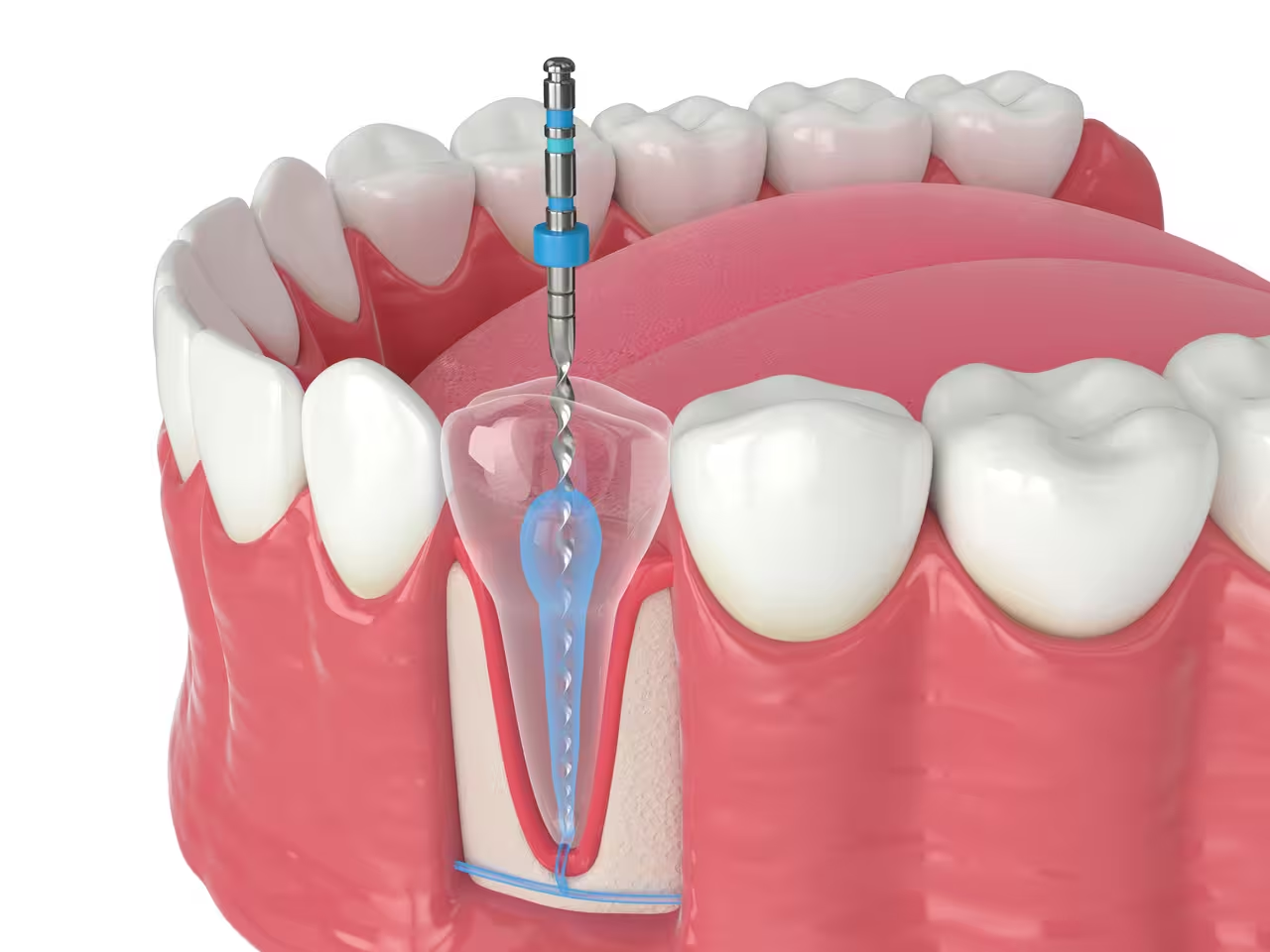

Full & Partial Dentures
Missing teeth can make everyday activities like eating, speaking, and smiling more difficult.
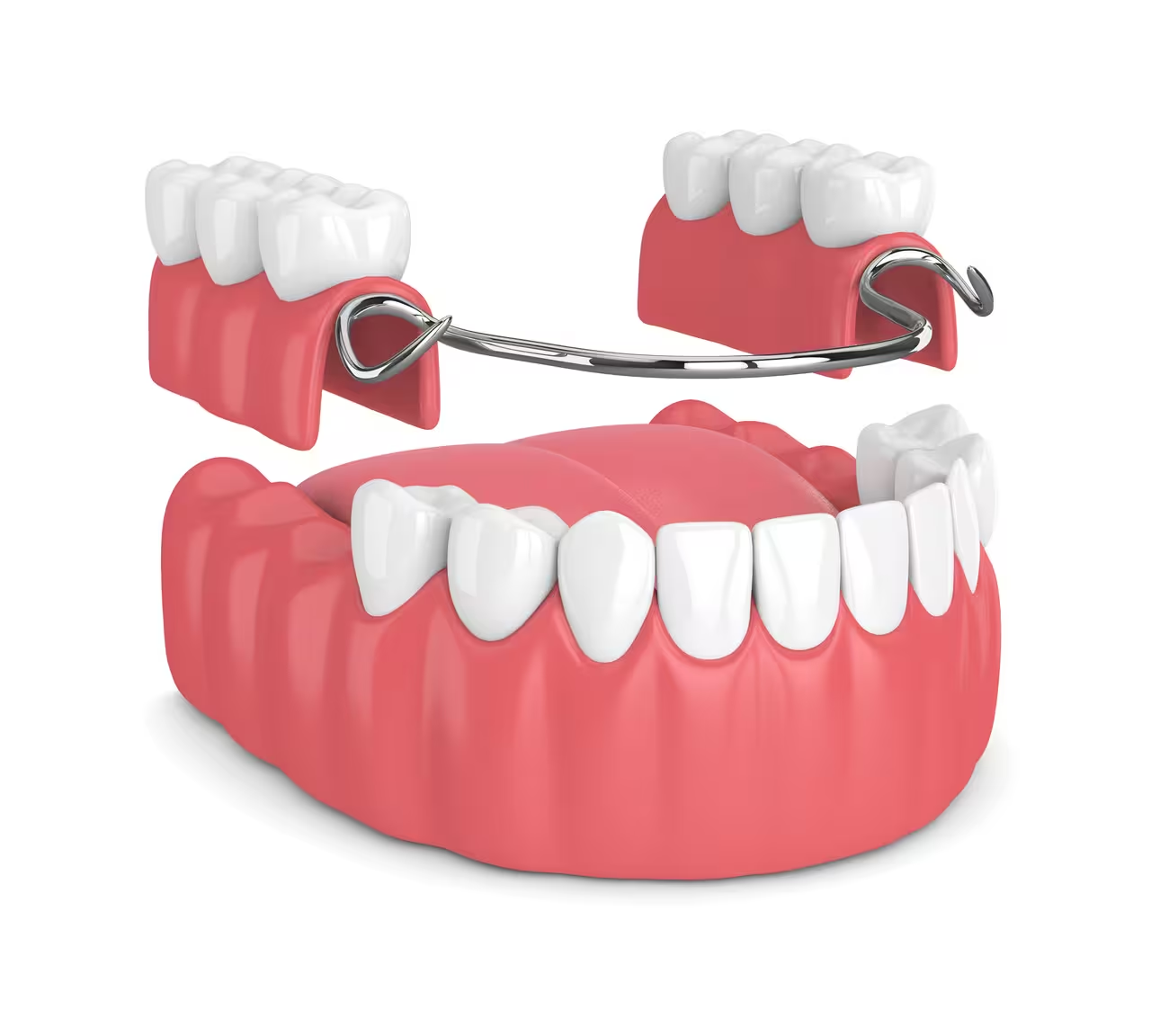

Implant Overdentures
We offer implant overdentures, a treatment that combines the removability of traditional dentures with the stability of dental implants.


Implant-Supported Dentures
Traditional dentures can restore appearance, but they often fall short when it comes to comfort and function.
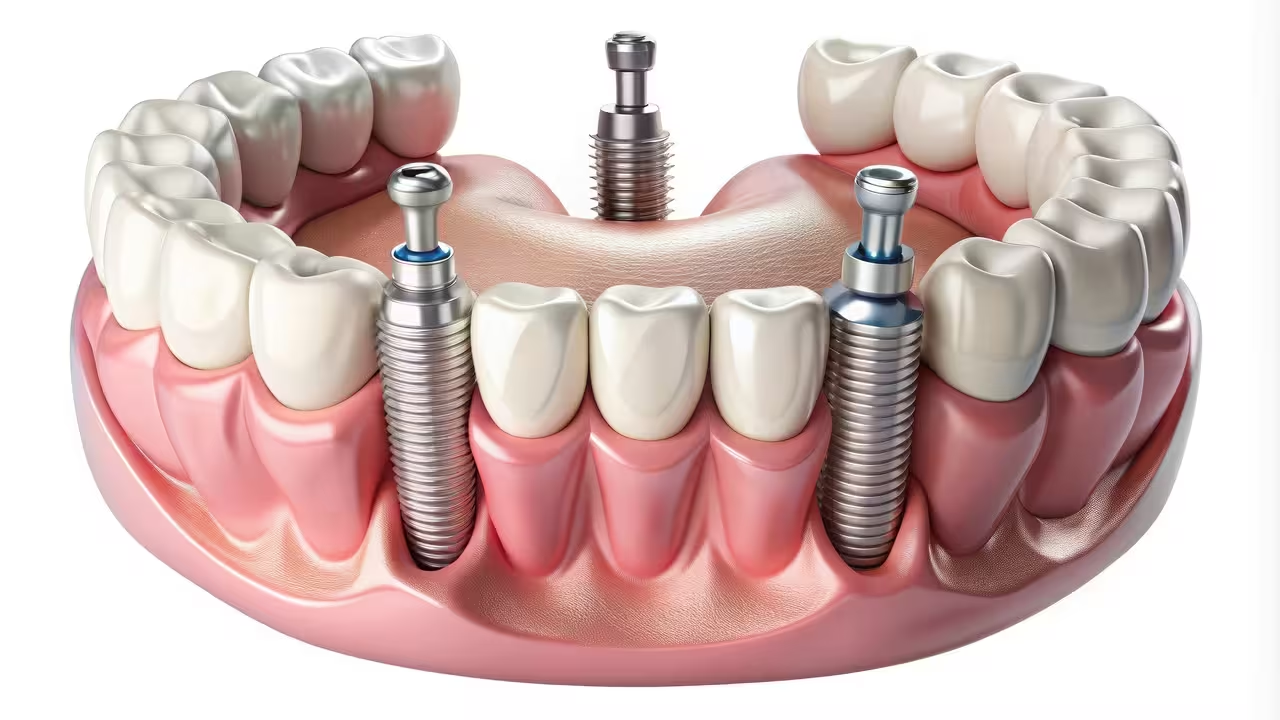

Inlays & Onlays
inlays and onlays offer the perfect balance of strength, precision, and preservation of your natural tooth.
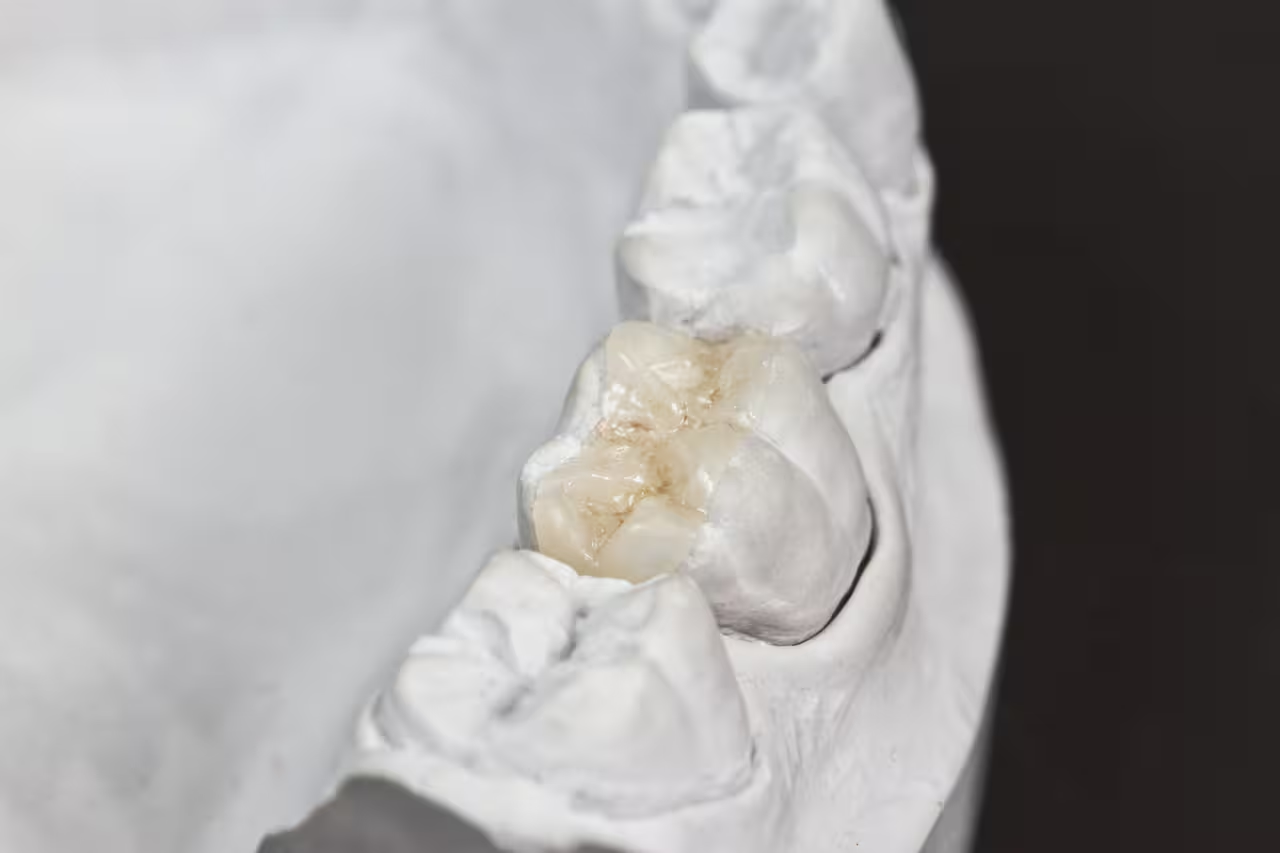

Oral Surgery
When dental concerns go beyond routine care, oral surgery provides the precise treatment needed to restore health, comfort, and function.


Peri-implantitis Treatment
Dental implants are designed to be a lifelong solution for missing teeth, but like natural teeth, they require healthy bone and gum support.
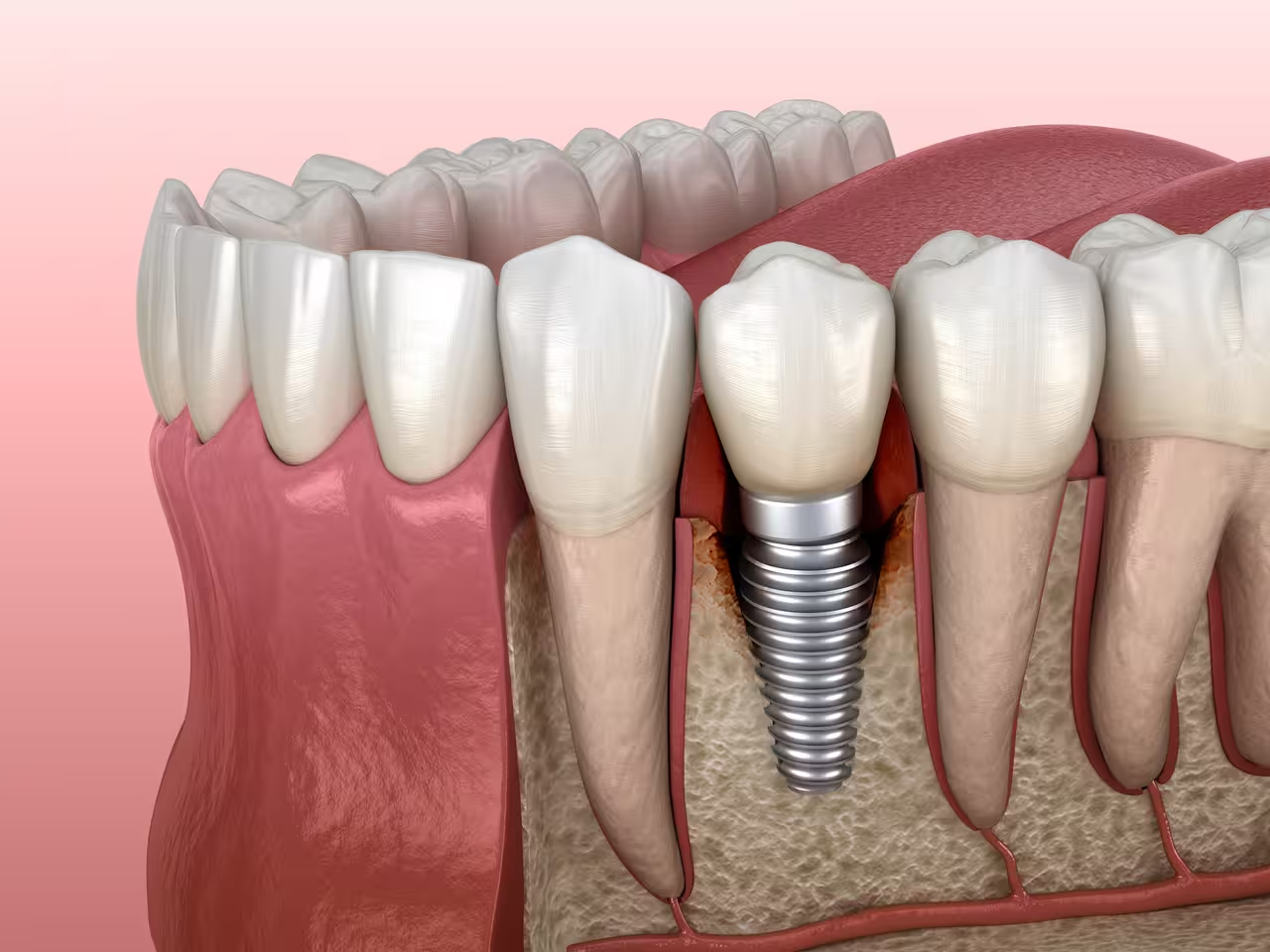

Ridge Augmentation
When teeth are lost, the supporting bone in the jaw naturally begins to deteriorate.
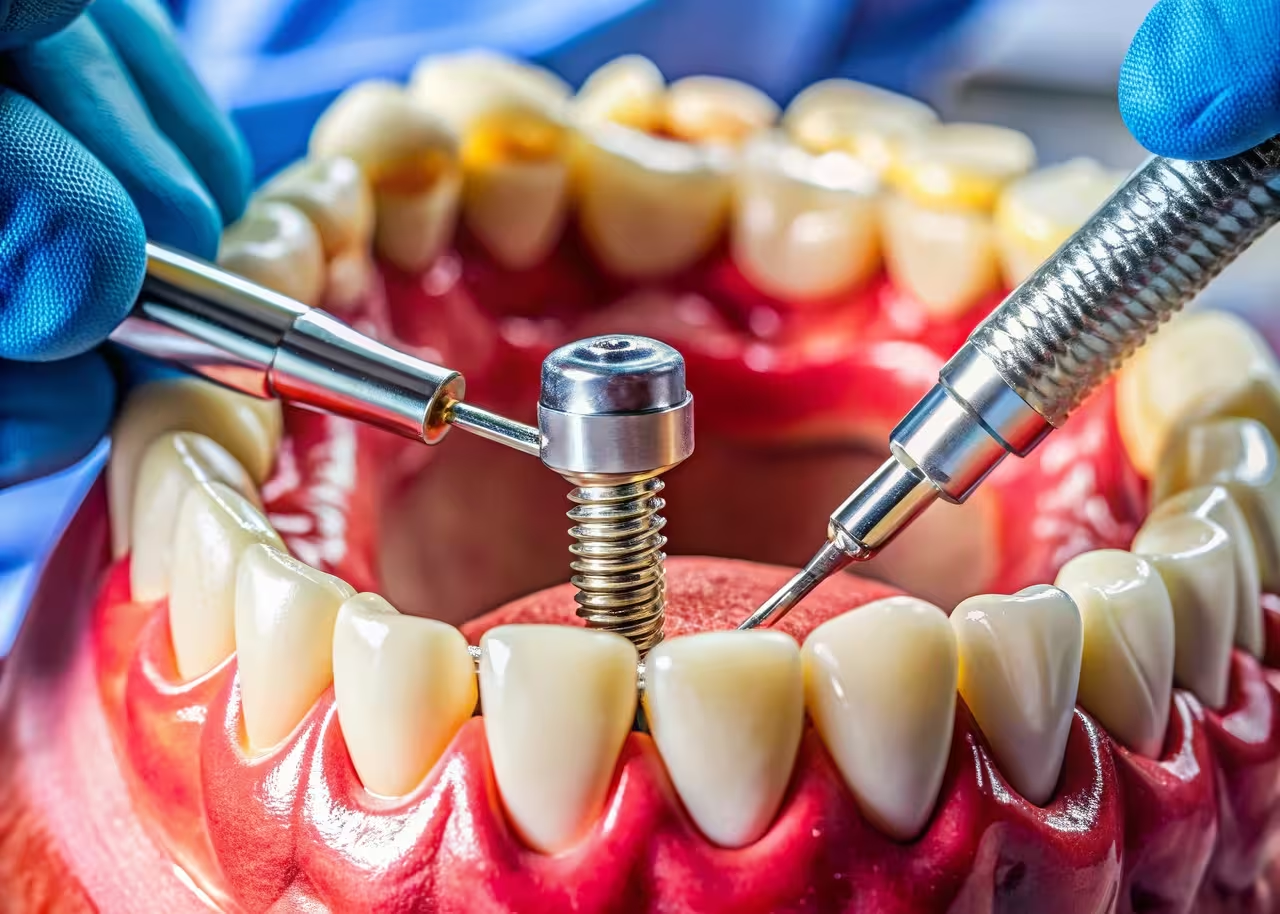

Root Canals
When tooth decay or infection reaches deep into the pulp of your tooth, it can cause severe pain and threaten the tooth’s survival.


Root End Therapy
Sometimes a standard root canal is not enough to completely resolve an infection inside a tooth.
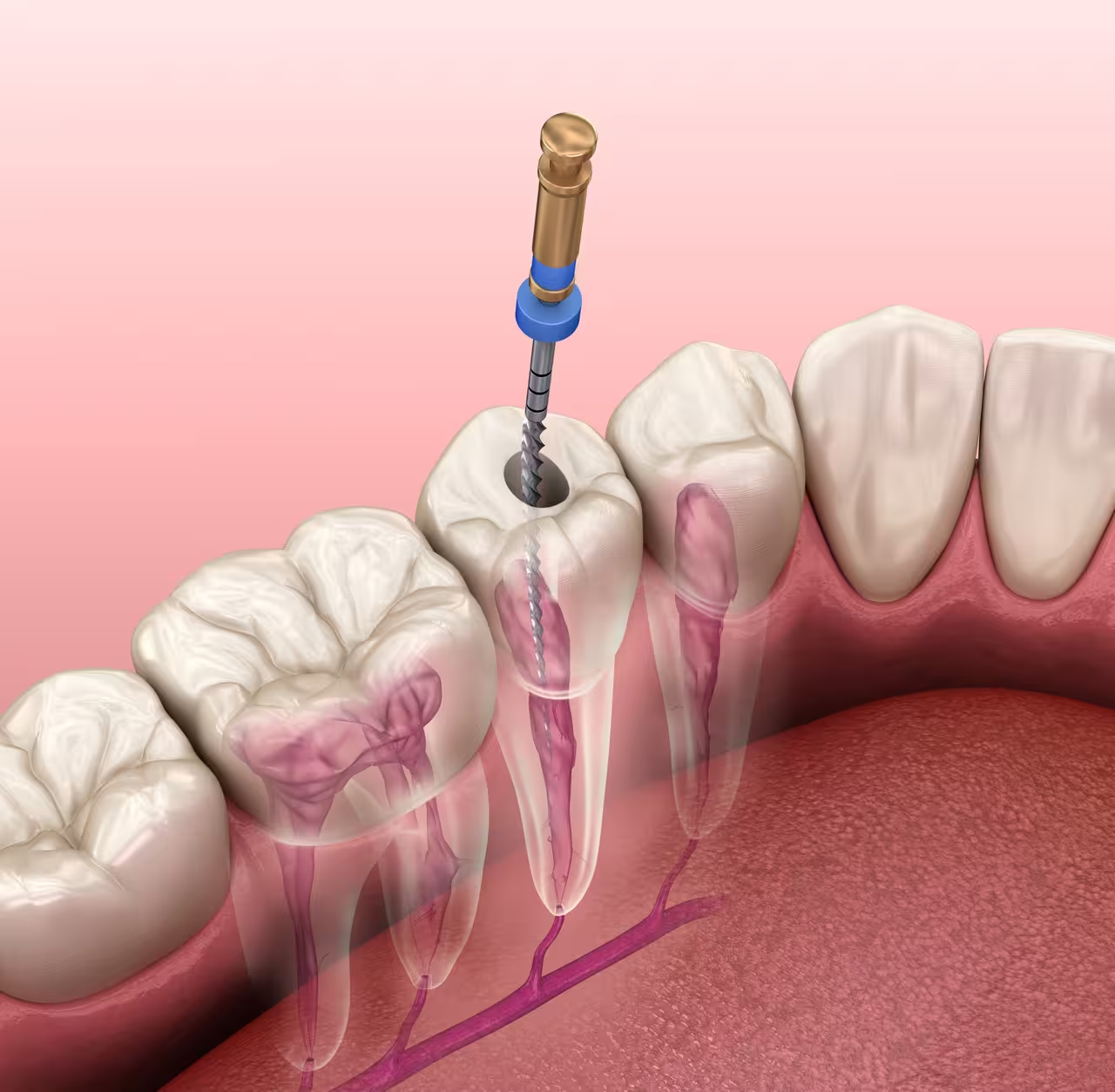

Snap-On Smiles
If you’re looking for a fast, non-invasive way to dramatically improve your smile, Snap-On Smiles could be the perfect solution.


Soft Tissue Grafting
When gum tissue recedes, it can lead to tooth sensitivity, root exposure, and even an increased risk of tooth loss.
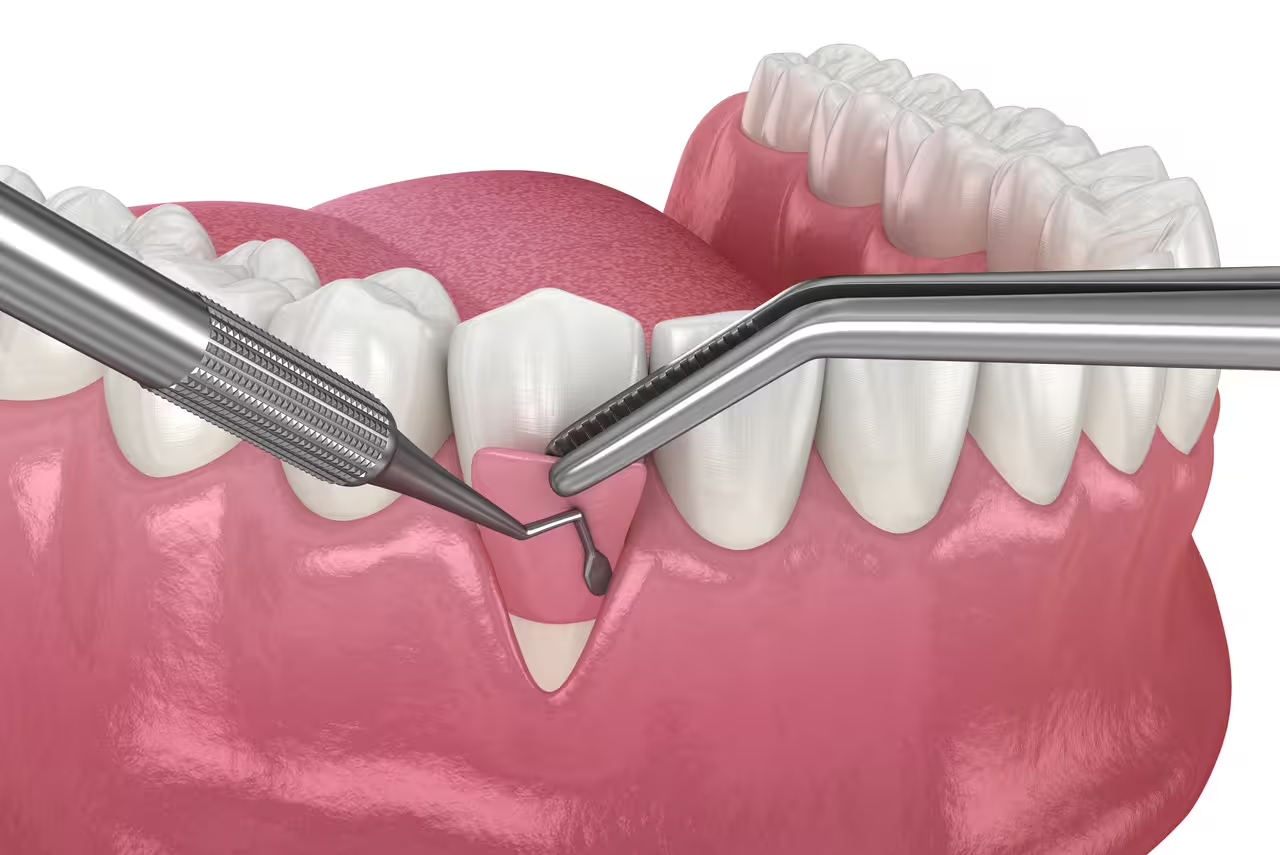

Why Choose Inspiring Smiles for Restorative Dentistry?
.avif)
Advanced expertise
Dr. Page Barden is a periodontist with hospital-level surgical training, Dr. John Birch is known for handling emergencies and complex general cases, and Dr. Michael Tehrani is a prosthodontist specializing in advanced restorations.
Technology-driven care
From digital impressions to laser-assisted procedures, we use the latest technology for precision and comfort.
Solutions for every situation
Whether you’ve been told you don’t have enough bone for implants or you need a quick fix for a damaged tooth, we have the skill and solutions to help.
Focus on long-term health
Our restorative treatments are designed to not only restore your smile but also improve your overall health by reducing infection, improving chewing function, and maintaining bone structure.
Contact Us
Our doctors bring together decades of surgical, prosthodontic, and emergency care experience—allowing us to treat complex dental cases under one roof.
Office Hours
Monday - Thursday: 8:00AM-5:00PM
Friday: 8:00AM-3:00PM
Tuesday, Saturday & Sunday: Closed
Our Location
Office Contact
Book your visit today
Reclaim Your Smile and Quality of Life
With restorative dentistry, you don’t have to settle for missing or damaged teeth. At Inspiring Smiles, we help patients across Cumming, Alpharetta, Roswell, Gainesville, Duluth, and Atlanta restore their smiles and regain confidence.
Call us today at (770) 844-6771 or schedule your appointment online to start your journey toward a healthier, fully restored smile.
.avif)

